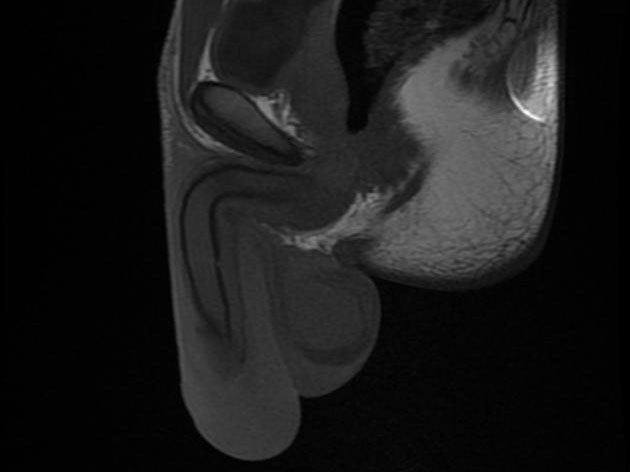WHO warns global breast cancer cases could rise by 38% by 2050, with deaths up by 68%. Urgent action needed to prevent a health crisis
[dropcap]B[/dropcap]reast cancer cases worldwide are expected to surge by 38% by 2050, with annual deaths rising by a staggering 68%, according to a new report from the World Health Organisation (WHO).
Also read: People with tattoos may end up with blood cancers – Experts
Published in Nature Medicine on Monday, the findings highlight a looming global health crisis unless urgent preventive measures are adopted.
The report, produced by the International Agency for Research on Cancer (IARC), a specialised branch of WHO, projects that if current trends continue, the world will face 3.2 million new breast cancer cases and 1.1 million related deaths each year by mid-century.
Dr Joanne Kim, an IARC scientist and co-author of the report, stressed the alarming reality: “Every minute, four women are diagnosed with breast cancer worldwide and one woman dies from the disease, and these statistics are worsening.”
The report warns that the burden will fall disproportionately on low- and middle-income countries, where limited access to early detection, treatment, and care results in higher mortality rates.
The stark inequality in survival rates between countries reflects this divide: while 83% of women diagnosed with breast cancer in high-income countries survive, over half of those diagnosed in low-income countries die from the disease.
In 2022 alone, an estimated 2.3 million new breast cancer cases were diagnosed globally, with 670,000 deaths reported.
The highest incidence rates were found in Australia, New Zealand, North America, and Northern Europe, while the lowest rates were recorded in South-Central Asia and parts of Africa.
Mortality rates, however, were highest in Melanesia, Polynesia, and Western Africa — regions where healthcare access remains limited.
WHO launched the Global Breast Cancer Initiative in 2021 to address these disparities, aiming to reduce breast cancer mortality rates by 2.5% annually and prevent 2.5 million deaths by 2040.
The initiative focuses on early detection, timely diagnosis, and improved access to quality treatment.
Dr Isabelle Soerjomataram, Deputy Head of IARC’s Cancer Surveillance Branch, emphasised the need for high-quality cancer data to inform better policies, especially in lower-income regions.
“Continued progress in early diagnosis and improved access to treatment are essential,” she said. “These will help address the global gap in breast cancer care and ensure our goal of reducing suffering and death from this disease is achieved worldwide.”
Also read: Nigeria to commission three major cancer facilities by May 2025
The report calls for strengthened health systems, increased funding for breast cancer screening and treatment, and the adoption of cost-effective prevention policies.
























